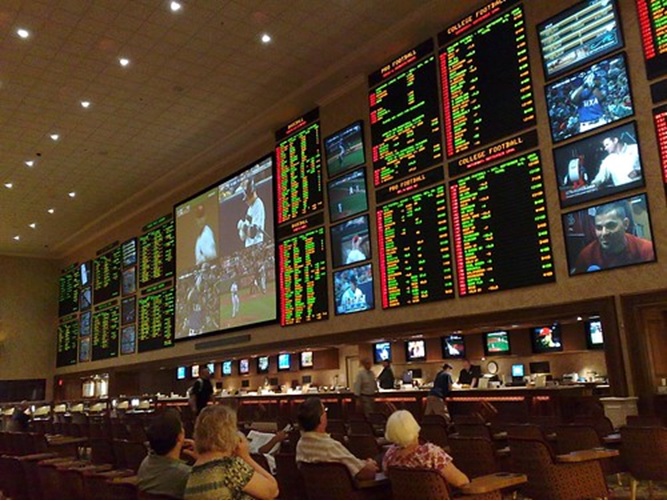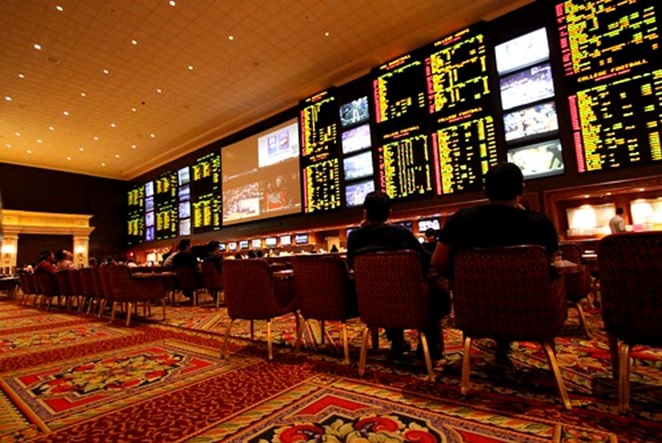Seven US States Legalize Sports Betting After PASPA Ruling

Sports betting is set for exponential growth in the USA following the Supreme Court’s landmark ruling in May 2019.
The decision to repeal the Professional and Amateur Sports Protection Act of 1992, also known by the acronym PASPA, ended the prohibition of gambling on sport throughout America.
Nevada always remained an exception to federal law – alongside Delaware, Montana and Oregon, which also had their own explicit state rules and provisions before PASPA came in. Delaware and six other US states have taken the opportunity to legalize betting on sport.
Here, we take a look at those parts of the United States that have introduced sports gambling so far since the ruling. It’s proving particularly popular in areas with an Atlantic Ocean coastline.
New Jersey
The state of New Jersey actually brought the challenge against PASPA to the Supreme Court in the first place. Having successfully achieved repeal of federal law, it’s no surprise to find sports betting was soon legalized here.
Monmouth Park Racetrack is a major sporting venue in ‘The Garden State’ and it hasn’t taken long for sportsbooks and casinos to open in and around this thoroughbred horse racing venue. Given New Jersey’s metropolitan nature and proximity to New York, millions now have access to legal sports betting here.
Pennsylvania
With a concentration of sportsbook in its largest city, Philadelphia, Pennsylvania has also embraced the legalization of sports betting. Not to be too presumptuous, but the state pre-empted the Supreme Court’s decision by making legal provisions.

They included the foundation of the Pennsylvania Gaming Control Board. The South Philadelphia Turf Club was one obvious place to open a sportsbook. Two Kentucky Derby winners this century so far came from stables in ‘The Keystone State’.
Rhode Island
Little Rhody might be the smallest of the 50 states in the union, but this progressive Atlantic island off New York quickly established a sportsbook in the Twin Rivers Casino in Lincoln. It’s just north of the state capital, Providence.
Delaware
Did you know there are three casinos in Delaware? All of those are tied to racetracks at Delaware Park, Dover Downs and Harrington Raceway. As ‘The Diamond States’ borders both Pennsylvania and New Jersey, it’s no surprise to see them follow their neighbors and open sportsbooks within these.
West Virginia
‘The Mountain State’ was another one perfectly placed to over sports betting once it became legalized. Charles Town Races has the Hollywood Casino attached to it, so West Virginia has a thriving horse racing scene even if teams of more traditional American sports are lacking in the area.
Mississippi
Sports betting has also come to the Deep South. The Beau Rivage and Gold Strike casinos in Biloxi and Tunica, Mississippi accept bets on sports now. Whether state laws will extend to online gambling on sport in the future remains to be seen.
New Mexico
Native American Indian land is governed separately from the state. That’s why a tribal casino, the Santa Ana Star belonging to the Tamaya Nation started taking sports bets on its premises near Albuquerque, New Mexico. With gambling already happening within ‘the Land of Enchantment’, official state legislation fully legalizing it looks sure to follow.